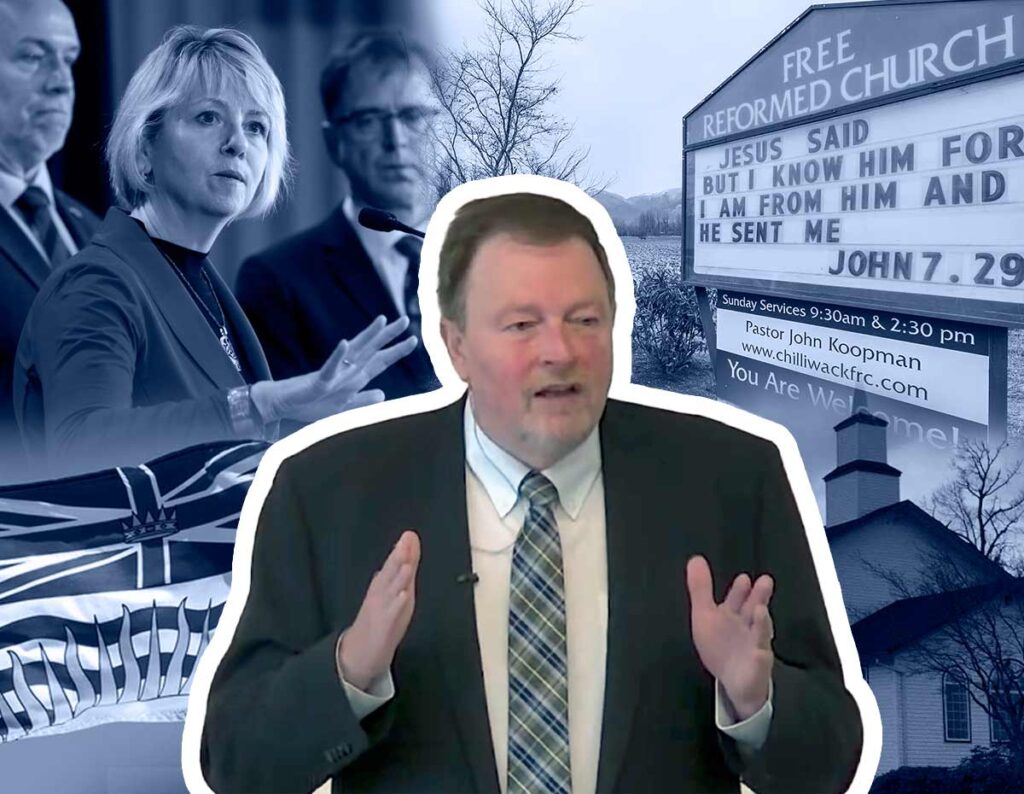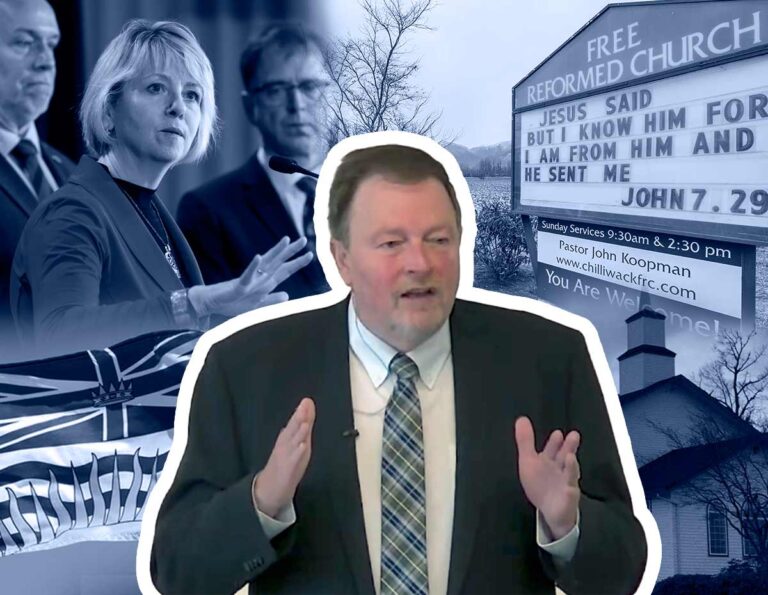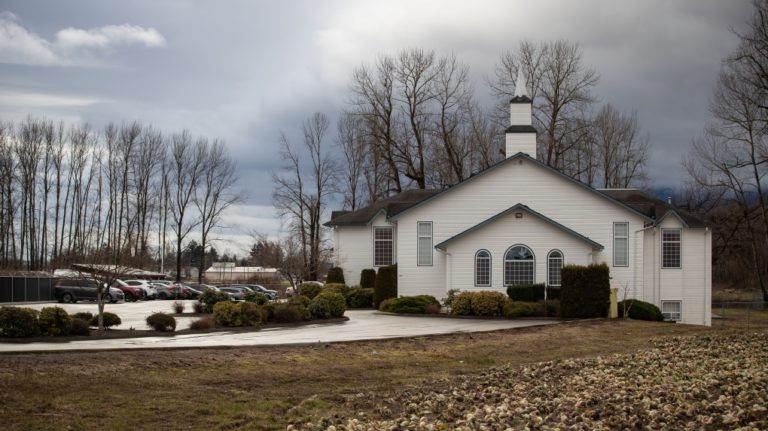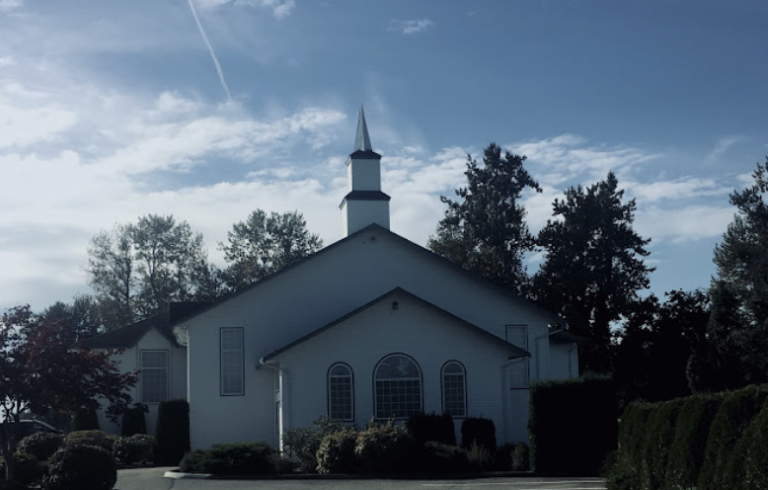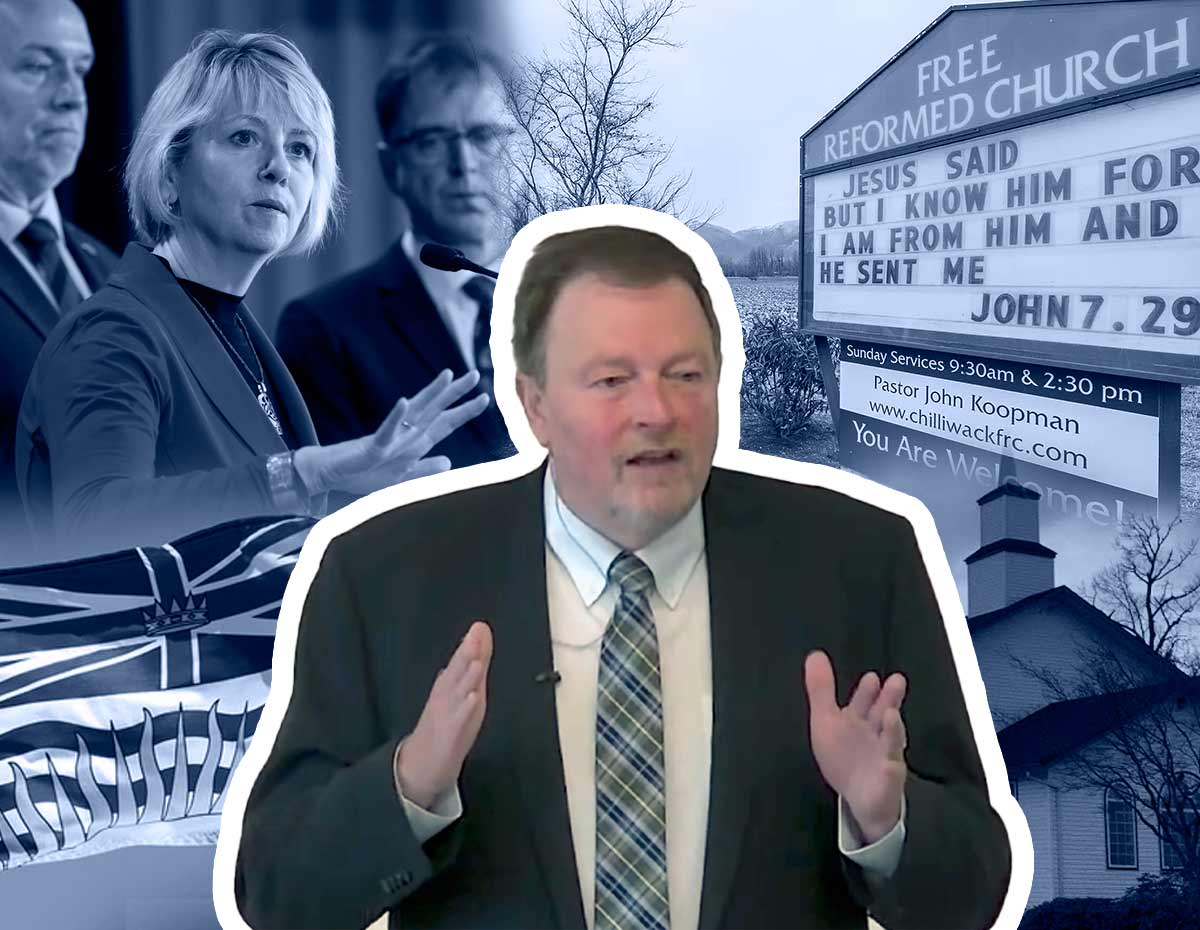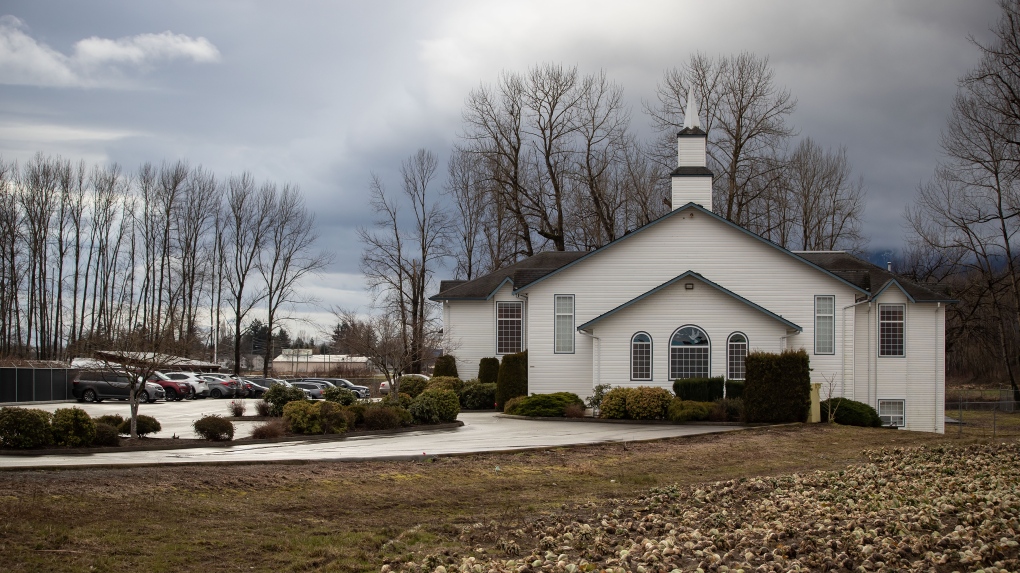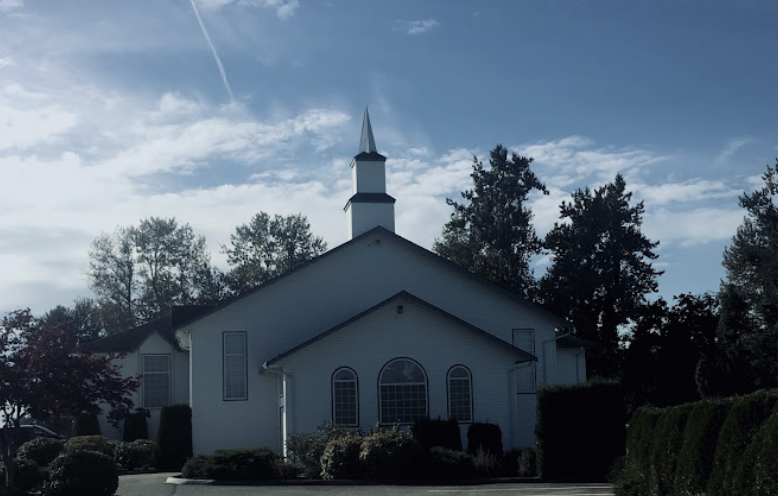Pastor Koopman and the Free Reformed Church of Chilliwack
Over the course of five months spanning December 2020 to April 2021, Pastor John Koopman of the Free Reformed Church of Chilliwack was issued twenty-three tickets for allegedly contravening BC’s public health orders by organizing/hosting in-person meetings, each of which carried a fine of $2,300, and the first of which was issued on December 6, 2020. Pastor Koopman did not organize or host in-person meetings. The Pastor officiated worship services, which he is employed to do.
To date, the Crown has stayed nineteen of the twenty-three tickets issued to Pastor Koopman. The first of the four remaining tickets was set for trial in August of 2022, some twenty months after the charge was laid.
In November 2020, BC’s PHO, Dr. Bonnie Henry, prohibited in-person worship services, while numerous other in-person settings—bars, restaurants, gyms, salons, etc.—were permitted to remain open for in-person service. Because of its religious convictions to gather for worship in-person, the Free Reformed Church re-opened its doors while also complying with the government’s health orders regarding face masks, hand washing, social distancing, etc. Meanwhile, Chilliwack RCMP had been conducting surveillance on the church.
On January 8, 2021, the Free Reformed Church, along with two other churches, filed a constitutional challenge to the prohibition on in-person worship services. After filing the challenge, Pastor Koopman and others submitted a request to gather for in-person worship services, but their request received no response for several weeks. At the same time, the PHO had been promptly responding within one or two days to requests made on behalf of Orthodox Synagogues, granting permission for them to meet in-person.
Two business days before the Court heard the constitutional challenge, the Public Health Officer granted the Free Reformed Church and other churches before the court limited permission to gather outdoors, claiming that gathering indoors was too risky. However, earlier that same week, the PHO had granted all Orthodox Synagogues in the province permission to gather indoors.
On March 18, 2021, Chief Justice Christopher Hinkson decided to dismiss the Free Reformed Church’s challenge, in part because the PHO had given it permission to meet outdoors. The BC Court of Appeal upheld Chief Justice Hinkson’s decision, and the Supreme Court of Canada subsequently denied leave to appeal.
Meanwhile, Pastor Koopman and other churches and pastors were being prosecuted by the Crown in the BC Provincial Courts.
On November 8, 2022, Pastor Koopman was found guilty of hosting an event in violation of the PHO’s gathering restrictions.
Later, on April 14, 2023, Pastor Koopman submitted an Application alleging that the Crown’s prosecution against him constituted an abuse of process. In response, on May 10, the Crown argued that the abuse of process application should not proceed to an evidentiary hearing. Lawyers for the PHO argued that PHO Dr. Bonnie Henry and Deputy PHO Dr. Brian Emerson should not be subpoenaed as witnesses in the case.
On May 15 to 18, 2023, Judge Ormiston heard arguments on whether the abuse of process Application could proceed to an evidentiary hearing.
On September 6, 2023, Judge Ormiston denied the Crown’s Application to summarily dismiss Pastor Koopman’s abuse of process Application because she found that there was “some evidence that the PHO preferred some faith groups over others.” Judge Ormiston found that, under the circumstances, it was not “manifestly frivolous” to think that the continued prosecution of Pastor Koopman “risks undermining the integrity of the judicial process.”
Nonetheless, Judge Ormiston did deny Pastor Koopman’s request to subpoena the PHO and Deputy PHO as witnesses on the abuse of process Application, ruling that they are protected from having to provide evidence under the doctrines of deliberative secrecy and solicitor-client privilege.
The first phase of the trial of Pastor Koopman on his first ticket commenced on August 11, 2022 at the Provincial Court in Chilliwack, BC, and concluded on August 16, 2022. Judge Ormiston of the BC Provincial Court heard testimony from Cpl. Ryan Dauphinee, the charging officer, and Pastor Koopman, the defendant. At the conclusion of the proceeding, Judge Ormiston instructed counsel to seek dates for the continuation of the matter on the constitutional questions, which was to proceed in the event Pastor Koopman was found guilty of holding church services. If Pastor Koopman was found not guilty of this ticket, hearings would continue for his remaining tickets.
The four-day hearing opened with an application by defence counsel to quash the ticket because it cited a section of the Covid Related Measures Act that does not exist. Judge Ormiston declined to quash the ticket, reasoning that the description written on the ticket by the charging officer was adequate. Thus, the trial continued the next day.
Cpl. Dauphinee’s Testimony
On August 12, Judge Ormiston heard testimony that the charging police officer, Cpl. Ryan Dauphinee, observed no breaches of safety protocols required for permitted events. Cpl. Dauphinee had been furnished a list of such breaches to seek by his staff sergeant, SSgt. Jeff Scott. In the words of SSgt. Scott, in an email addressed to Cpl. Dauphinee and cited in court by defence counsel for Pastor Koopman:
“I think the only real elements of the offence are that there is a gathering of people, in-person, for a religious service, but have a look…[t]he other observations I suggest you make are more relevant to allowed gatherings, which this is not. Those observations will tend to show how flagrant and reckless their actions may be: mitigating factors for Crown.”
SSgt. Scott continues in his email to cite a list of “[o]bservations to gather”, including whether: “access to the building [is] controlled”; “sufficient space [is] available between patrons”; “patrons [are] maintaining a distance of two metres from one another when standing or sitting”; “patrons [are] wearing masks/face coverings”; there are “at least three metres of separation, between a leader/presenter/officiant and the patrons”; “hand sanitation supplies [are] readily available to patrons”; and “there [are] any efforts at collecting names and information for contact tracing purposes”. SSgt. Scott reminded officers to “wear [their] own masks”, “send an update email to [himself], Tucker and the 4 officers” and “if applicable, draft and submit a Report to Crown Counsel”.
Cpl. Dauphinee’s testimony on the above suggests that the RCMP were targeting churches and attempting to catch them behaving “reckless[ly]” in an effort to justify the Crown’s case. Defence for Pastor Koopman submitted that if the targeting of churches were justifiable on its face, such observations would be unnecessary.
Cpl. Dauphinee testified that on December 6, 2020, he was denied entry to the Free Reformed Church because he was not on the attendance list for that service, confirming that access to the church was controlled. Cpl. Dauphinee testified that he observed a sanitation station readily available to congregants at the church. Cpl. Dauphinee testified that he observed 39 people enter the church that same day, in family bubbles. Defence put to Cpl. Dauphinee the question of whether he was aware the sanctuary’s seating capacity was 400, which would place attendance on the day in question at less than 10% according to the police officer’s own observation. Video produced by the Crown was consistent with adherence to the precaution of placing the speaker three metres from the congregants. While Cpl. Dauphinee’s memory of masking by congregants entering the building and contact tracing efforts was fuzzy, defence counsel put to the police officer that his partner’s notes indicated she had observed masking and had been advised that the church was engaged in contact tracing. Crown objected to these statements as hearsay. As for the remainder of the safety protocols on SSgt. Scott’s list, Cpl. Dauphinee was unable either to confirm or deny, since the safety protocol of controlling access to the building was followed, preventing his own entrance to the building.
Pastor Koopman’s Testimony
As described in an affidavit by Pastor Koopman, in-person gathering as a congregation is an essential practice of the congregation’s faith. To facilitate such in-person gatherings in light of Covid, beginning in the Spring of 2020, the Church carefully considered and adopted numerous precautions and safety protocols recommended by the public health officer, including all of the measures included in SSgt. Scott’s list.
On August 12 and 15, Pastor Koopman provided evidence that the church functions as a support group, serving members of the church and the community suffering isolation, abuse, addiction, and suicidal ideation, among other threats to health and wellness. The Gatherings and Events Order in place on the date of the alleged offence defines “support group” thus: “‘support group’ means a group of people who provide support to one another with respect to grief, disability, substance use, addiction or another psychological, mental or physical health condition” (emphasis added). Meeting on Sundays affords Pastor Koopman, the deacons and elders of the church, and the congregants of the church the opportunity to connect with other members of the church and members of the public to assess and meet the needs arising from the ailments listed non-exhaustively in both Pastor Koopman’s affidavit and the Gatherings and Events Order definition.
A determinative issue is whether worship gatherings which include addressing the needs of persons with mental and emotional challenges fall within “support groups” as defined under the public health orders. If found to be so, provided they adhered to the required safety measures, these gatherings would constitute “permitted events” and the charges would be dismissed.
The court also heard testimony that Pastor Koopman is neither organizer nor host of the services in question. The structure and governance of the church makes plain that Pastor Koopman is essentially an employee with a job description implying no authority to make decisions about the scheduling and organizing of services. Pastor Koopman is obliged to deliver the service whenever others responsible for the organizing and hosting function call it. While Pastor Koopman does serve as chairman of the board, he has no right to cast a vote except in the unusual circumstance of a “tie” resulting from the votes of the other directors. The charge Pastor Koopman faces is one of having organized/hosted the gathering; but Pastor Koopman falls squarely within the Gatherings and Events Order definition of a “patron” and not an “organizer”/host:
“Patron” means a person who attends or is a participant in an event, including a passenger, an occupant, a person other than an occupant who is present in a private residence or vacation accommodation, a leader or presenter at a meeting, a [sic] officiant at a wedding, baptism or funeral, volunteers at an event, vendors, exhibitors, performers and presenters, but does not include a person who hosts a gathering, event staff or staff in a place subject to the Food and Liquor Serving Premises order (emphasis added).
The end of August 15th found the Crown stating: “It’s irrelevant whether [the service] was conducted safely or unsafely”, suggesting that no public health concern is in play regarding the banning of worship services.
The hearing concluded on August 16th, with final arguments from defence counsel and the Crown.
The Justice Centre for Constitutional Freedoms has provided legal defence for a number of pastors and churches in British Columbia charged for adhering to their faith by way of meeting for regular in-person worship.
The Legal Process
The trials of these pastors and churches have been bifurcated into trials for liability followed by a hearing on the constitutional challenges to the laws under which they were charged. The trial for liability involves determining whether or not the pastor or church in question committed the “offence” of organizing/hosting an in-person gathering to worship. The constitutional challenge portion follows the trial for liability in most cases (there was one case wherein one step of the constitutional challenge commenced prior to the trial on liability, but that turns out to be the exception, not the rule).
In September 2023, the Provincial Court of British Columbia released its decision to allow a BC pastor to proceed with an application to dismiss the prosecution against him for allegedly holding an in-person worship service during Covid-19 on the basis that the prosecution “risks undermining the integrity of the judicial process.” BC Crown prosecutors had sought to summarily dismiss the application, but the Judge found that there is “some evidence that the PHO (Provincial Health Officer) preferred some faith groups over others.”
In September 2023, Pastor John Koopman filed an abuse of process Application to the Provincial Court of British Columbia, alleging that the discriminatory actions of the Provincial Health Officer had made the continuation of his prosecution offensive to societal notions of fair play and decency and had brought the administration of justice into disrepute.
Lawyer Marty Moore, representing Pastor Koopman, stated, “The evidence thus far presented in this matter shows that the Public Health Officer (PHO) responded promptly to one religious community’s requests for accommodation with permission to meet in-person, while simply ignoring similar requests from other faith communities. When government actors violate Charter freedoms of conscience and religion but then consider respecting the rights of only some Canadians, the rule of law is undermined. Prosecuting a pastor for holding in-person services when he could not effectively access the same permission for in-person services the PHO had granted to a different religious community undermines the integrity of the judicial process.”
The Court heard Pastor Koopman’s application for documents from December 4-6, 2023, at the Abbotsford Law Courts. The BC pastor seeks a Court order for the BC Attorney General and Provincial Health Officer to disclose records of exemptions provided after some records show that Dr. Bonnie Henry unfairly favoured some faith groups. The Court’s decision is now pending and is expected to be released in March 2024.


